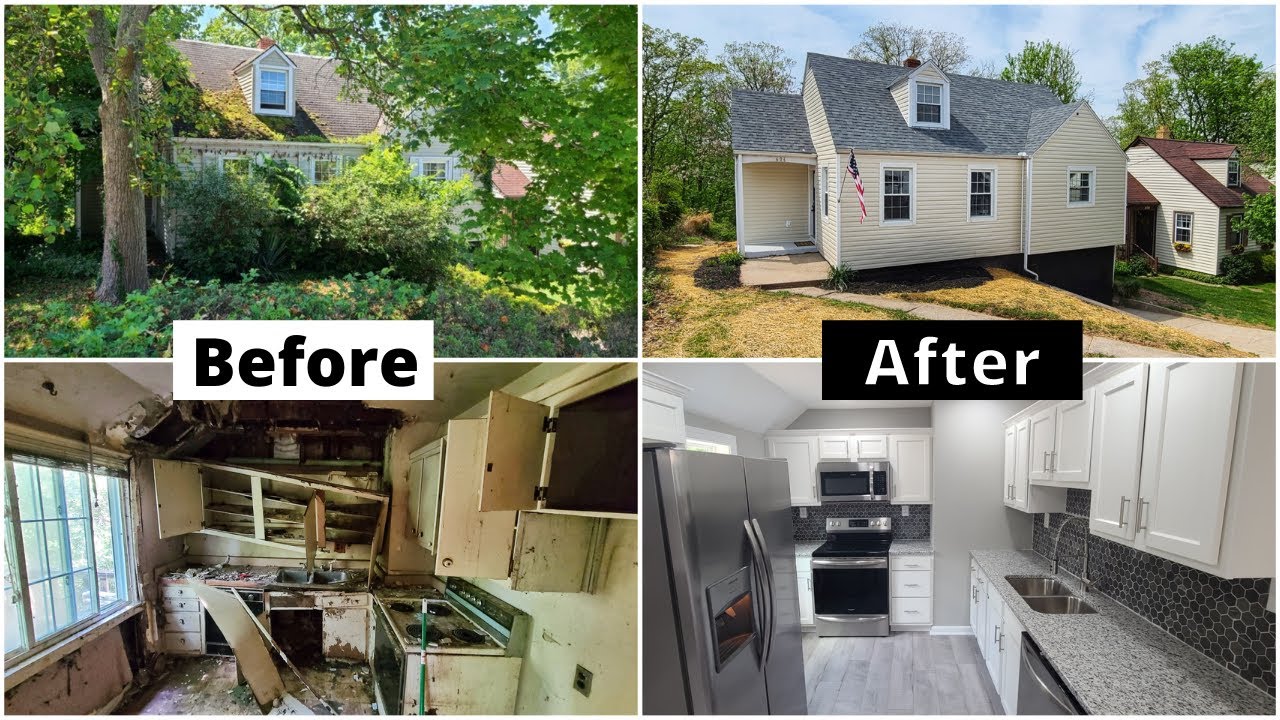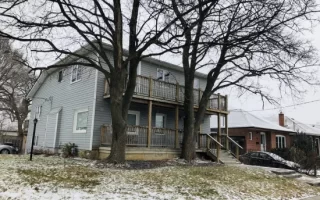House flipping, the art of purchasing a property with the intent to renovate and sell it at a profit, has become a popular venture in the real estate market. While it can be a lucrative business, it’s not without its challenges. To succeed in this competitive field, you need a well-thought-out strategy and an understanding of the real estate market. In this guide, we’ll explore effective tips and strategies for house flipping to help you maximize your profits.
Research and Location
The first step to a successful house flip is thorough research. Start by identifying a location that shows promising signs of growth and demand. Look for neighborhoods with good schools, low crime rates, and easy access to amenities like shopping centers and transportation hubs. Consider the potential resale value of the property in that area.
Create a Budget
A detailed budget is crucial for a successful flip. Calculate all expenses, including the purchase price, renovation costs, holding costs (property taxes, insurance, utilities), and selling costs (commissions, closing fees). It’s essential to have a contingency fund as well, as unexpected expenses often arise during renovations. Before purchasing a property, get estimates from contractors or construction professionals to assess renovation costs accurately. Knowing the potential costs involved will help you determine if the property is worth the investment and will allow you to plan your budget accordingly.
Find the Right Property
When searching for a property to flip, look for homes with “good bones.” These properties might be outdated or in need of cosmetic upgrades but should have a solid foundation and structural integrity. Keep an eye out for distressed properties, foreclosures, or homes in need of a quick sale.
Develop a Timeline
Time is money in the house-flipping business. Develop a realistic timeline for the renovation process, accounting for potential delays. Consider seasonality, as some renovations may be more challenging during certain weather conditions.
DIY vs. Hiring Professionals
While doing some of the work yourself can save money, it’s crucial to recognize your limitations. DIY projects should be limited to tasks you are skilled at and can complete efficiently. For complex jobs or those requiring permits, it’s often best to hire professionals to ensure quality work and compliance with building codes.
Stay on Budget
During the renovation process, it’s easy to get carried away with upgrades and improvements that may not offer a significant return on investment. Stick to your budget and prioritize renovations that add the most value to the property, such as kitchen and bathroom upgrades, landscaping, and curb appeal improvements.

Professional Staging & High-Quality Marketing
Professional staging can significantly impact the perceived value of your property. Staged homes often sell faster and at higher prices than vacant or cluttered ones. Invest in quality staging to make your property more appealing to potential buyers. Effective marketing is also crucial to attract potential buyers. Invest in professional photography, create a compelling listing description, and utilize online platforms like real estate websites and social media to reach a wider audience. Hosting open houses and collaborating with real estate agents can also help.
Evaluate Your Exit Strategy
Before you start a house flip, consider your exit strategy. Are you planning to sell quickly, or are you willing to hold onto the property for a more extended period if necessary? Having a clear plan in place will help you make informed decisions during the process.
Build a Reliable Team
Successful house flippers often have a team of professionals they can rely on, including contractors, real estate agents, attorneys, and accountants. Surround yourself with experienced individuals who can provide guidance and support throughout your flipping journey. One thing that new flippers don’t seem to consider is that house flipping can have tax consequences. Consult with a tax professional to understand the tax implications of your real estate transactions, and explore strategies to minimize your tax liability.
Be Patient and Flexible
House flipping isn’t always a quick path to riches. Market conditions can change, and unexpected challenges can arise. Be patient and flexible in your approach, and be prepared to adapt to changing circumstances. After completing a flip, take the time to analyze the results. Calculate your return on investment (ROI), considering both profits and expenses. Reflect on what went well and where improvements can be made for future flips.
Conclusion
House flipping can be a profitable venture when done effectively and strategically. By conducting thorough research, creating a detailed budget, finding the right property, managing renovations wisely, and employing effective marketing and selling strategies, you can maximize your profits and build a successful house-flipping business. Remember that success in house flipping requires a combination of knowledge, experience, and a willingness to adapt to the ever-changing real estate market.



